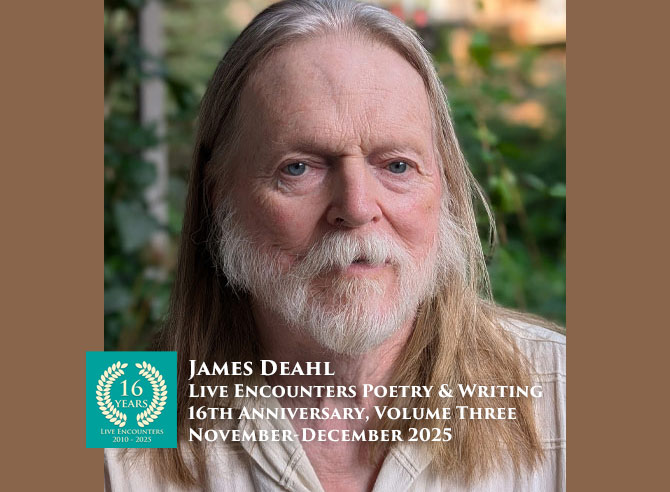— Helena Coleman
Even at this late hour, when mid-September
rolls ‘round each year, and university classrooms
swell with sound, sweetened by distance, I revisit
my student days six decades past, or my teaching days
twenty years later. The reddened vines climbing
University College and Knox College
revive my idealized youth, my optimism.
To walk across the great lawn of the old campus
or to enter Hart House as afternoon sunlight
seeps through glass older than I am, summons a past
that never was, memories mellowed by desires
long forgotten. I could be outlining my lecture
on Alden Nowlan or Robert Kroetsch, perhaps
considering William Blake’s ecstatic vision
of joy and sorrow being required to reveal
a Divine truth: of that necessary sojourn
far beyond reason’s prison. But instead I will
simply enjoy the ivy’s autumn glory; I’ll
cherish the seriousness of stone walls, the glow
of worn oak floors, and the obdurate mysteries
in books long unread, of a past as yet unlived.
Within these precincts all the wisdom, foolishness,
and fantasies of our nation reside, preserved
with hopes and fears. The splendour of October
reminds me of Homecoming football games lost or won
decades ago — in another time and country.
It will be our grandchildren who decide the fate
of our vast northland, who must forge their future’s dreams.
Tantramar As Ikon
In these low-lying pastures of the wind,
These marshes pale and meadows by the sea.
— Sir Charles G.D. Roberts
In the quietness embraced by these marshlands
the incomprehensible can be comprehended,
if only when the tide flows right and the winds
carry a southern message.
I can imagine this land before the coming
of the Mi’kmaq, before the fall of nature,
before human joy became compromised.
Visiting Tantramar when hunting season opened,
shotgun blasts at dawn brought perfection
back to mere reality. But in sweet memory
the hands of chance and change
have yet to do their work, and purity
arises from corruption. As I look
across these salt-meadows, a strange stillness descends.
It’s the peace of a land loved for generations,
of pastures cared for and nourished
like an old man would care for his grandchildren.
Since the glaciers retreated, these fields
have been bathed by the sea, most often gently,
or sometimes battered by storms when the ocean seethes
with rage. They still lie open below Heaven.
In the solitude following the morning’s hunting,
this sea-marsh could be the sacred Word,
that Divine gesture that sent our world
moving. Even today, wind through the reeds
is a voice speaking in the non-conscious mind.
There’s a language only herons know, and
the evensong of the grass lies somewhere beyond sound.
© James Deahl
James Deahl was born in Pittsburgh in 1945; he moved to Canada in 1970, and is the author or editor of over thirty books, his four most recent titles being: Four-Square Poems; Awareness; The Confederation Poets: The Founding Of A Canadian Poetry, 1880 To The First World War; and Earth’s Signature. He is the editor of Tamaracks: Canadian poetry for the 21st century; In A Springtime Instant: The Selected Poems of Milton Acorn, 1950 – 1986; and Adder’s-tongues: A Choice of Norma West Linder’s Poems, 1969 – 2011. To Possess The Land: An Anthology of Confederation Poetry, the companion volume to The Confederation Poets, is being published now. A cycle of his poems is the focus of the American television documentary Under the Watchful Eye. Deahl is the father of three daughters, Sarah, Simone, and Shona, and the grandfather of Scot and Felix. He lives in Sarnia, Ontario.


